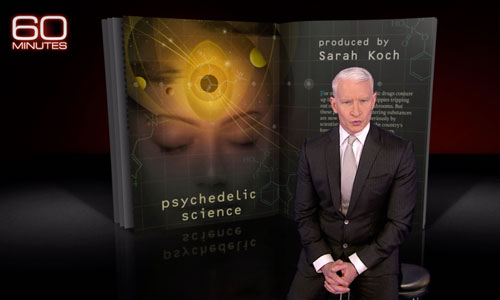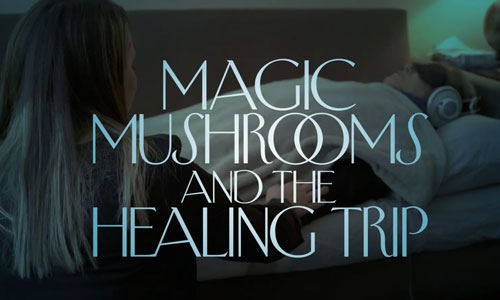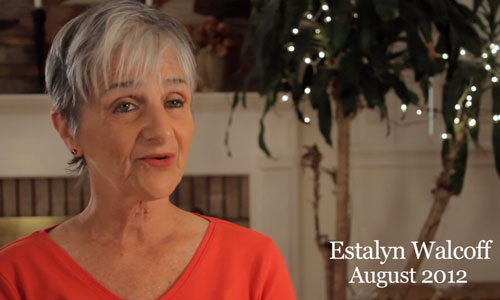Future Research Cancer Distress Addiction Spirituality Neuroscience Research Publications
Future Research Cancer Distress
Addiction Spirituality
Neuroscience Research Publications
PSILOCYBIN FOR CANCER-RELATED EMOTIONAL DISTRESS
Our research has shown that, in a medically controlled setting with expert screening and preparation, psilocybin can relieve the symptoms of anxiety and depression often found in patients with a cancer diagnosis. Since 2003, Heffter has sponsored three completed Phase 2 studies—at Harbor-UCLA Medical Center, Johns Hopkins University, and New York University—with a total of 92 participants—all demonstrating statistically significant improvements with enduring effects for months after a single psilocybin treatment session.
Usona Institute has begun their proposed multi-site Phase 2/Phase 3 clinical research program on psilocybin as a treatment for major depressive disorder (MDD), toward the goal of an eventual new drug application (NDA). For more information on their clinical trials, please follow the link https://www.usonainstitute.org
INTERVIEWS WITH PARTICIPANTS AND RESEARCHERS
The following videos are interviews of volunteers from the Harbor-UCLA, Johns Hopkins, and NYU Psilocybin & Cancer studies.
RELATED PRESS
Below are links to the most recent articles. Click Read More to read the full articles.
The Trip Treatment
On an April Monday in 2010, Patrick Mettes, a fifty-four-year-old television news director being treated for a cancer of the bile ducts, read an article on the front page of the Times that would change his death…

The Psychedelic Dante
In the current issue of the New Yorker, Michael Pollan writes about how scientists are once again researching the therapeutic use of psychedelics — psilocybin, LSD, etc. — to treat psychiatric conditions…

One Hit Wonder
A woman being treated for cancer enters a quiet, comfortable room. She pulls a mask over her eyes, lies back on a couch and begins listening to soothing instrumental music…
Psychedelic Science: Psilocybin Shows Promise Treating Cancer Anxiety
Psilocybin is the active ingredient that puts the magic in “magic mushrooms.” And new research suggests it has tremendous potential as a treatment for severe anxiety caused by a serious illness or terminal diagnosis, according to researchers in the field…
Prescribing Mushrooms for Anxiety
A New York University research team is using hallucinogenic experiences to help patients come to terms with their mortality. “Some of the things I’m about to say might not make sense,” began O.M., a 22-year-old cancer survivor.
A Good Trip
On a bone-chilling morning in February last year, Nick Fernandez bundled up and took the subway from his Manhattan apartment to the Bluestone Center for Clinical Research, which is located in an art deco-style building on the Lower East Side…









